|
Adaptive Multi-Sensor System for Real-Time Hemodynamic and Acid–Base Monitoring During Hemodialysis
|
doc. dr. Andrius Rapalis »
|
state-funded
|
Research Topic Summary.
Hemodialysis places a substantial physiological burden on patients, who often experience abrupt fluid removal, cardiovascular instability, and dynamic acid–base changes during treatment. Although these perturbations are clinically important, routine monitoring remains limited. Blood pressure is typically measured only every 15–30 minutes, respiratory patterns are rarely assessed, and early autonomic or perfusion abnormalities often go unnoticed. This creates a critical vulnerability: early signs of deterioration—including impaired respiratory function, autonomic instability, and emerging intradialytic hypotension—may occur silently before symptoms or machine alarms appear.
This doctoral project proposes an electronics-driven solution by developing a multi-sensor hardware platform for continuous, non-invasive monitoring during hemodialysis. The PhD student will design and prototype a wearable-compatible acquisition system capable of capturing ECG, PPG, and respiratory signals with high temporal resolution. The system will extract physiological indicators that reflect blood pressure surrogates, autonomic activity, and respiratory dynamics, enabling early detection of hemodynamic and respiratory instability.
The research will investigate how these multi-sensor indicators evolve during acid–base shifts, intravascular volume changes, and the early phases of hemodynamic decompensation. Embedded algorithms will be developed to identify pre-hypotensive patterns, detect when respiratory compensation begins to fail, and flag abnormal autonomic responses. The platform will also integrate adaptive feedback mechanisms, laying the groundwork for future closed-loop safety systems in dialysis care. Expected outcomes include a validated hardware prototype and scientific evidence supporting continuous, non-invasive assessment of hemodynamic and acid–base stability.
|
|
Research of Methods for Anomaly and Fault Detection in Energy Metering systems
|
prof. dr. Žilvinas Nakutis »
|
state-funded
|
Research Topic Summary.
The aim of this research is to develop a method and explore its implementation feasibility for faulty operation detection of smart energy meters and estimate its performance without utilizing energy / power preservation law. Many state-of-the-art techniques assume availability of a sum meter and full deployment of smart meters in the grid section. However, both requirements are rarely met in practice. The research group earlier investigated event-driven method for smart meter error remote estimation. The scientific hypothesis is that single smart error estimation could be performed by utilizing voltage sensitivity phenomenon (voltage dependence on consumed power) and cross comparison with the neighboring smart meters in the grid. The expected results include techniques and models enabling to detect smart meter out of tolerance errors, prototypes of data collection and IoT edge/Cloud processing modules, scientific publications and presentations in conferences, data sets in open repositories.
|
|
Artifact-Robust Non-Invasive EEG platform for BCI and Neurofeedback
|
lekt. prakt. dr. Donatas Pelenis »
|
state-funded
|
Research Topic Summary.
We are developing a next-generation non-invasive, long-wear EEG brain–computer interface that works reliably beyond the lab. By combining improved electrodes with real-time, IMU-informed signal processing, we stabilize signal quality during movement and suppress noise. The result is more accurate BCI control, more effective neurofeedback, and robust long-term neuromonitoring. The research is conducted at KTU PTVF and the Panevėžys Mechatronics Center in collaboration with Neurotechnology, extending the BrainAccess ecosystem from academic insight to deployable products.
|
|
Investigation of the effects of dataset shift on deep learning models for detecting acute myocardial infarction |
doc. dr. Andrius Petrėnas »
|
state-funded
|
|
Efficient signal excitation and processing technologies for ultrasonic measurements and imaging
|
prof. dr. Linas Svilainis »
|
state-funded
|
Research Topic Summary.
Measurement and imaging resolution demand for reliable signals separation, but limited bandwidth is causing the signals to overlap. Research is aimed to develop the efficient signal excitation and processing techniques for ultrasonic imaging and measurements. Reliable time of flight and reflection amplitude estimation, imaging resolution and contrast are improved thanks to binary excitation spread spectrum signals application. Overlapping reflections are resolved either by spectroscopic or iterative deconvolution techniques. Correlation sidelobes, signal bandwidth can be optimized/corrected thanks to innovative excitation signals. Excitation is not limited to conventional acoustic sources, but also photoacoustics can be used. Laser ultrasound excitation can use spread spectrum signals which in turn can be adapted to spectral/correlation properties requirements. Reference signals can be made adaptable in order to increase the deconvolution efficiency. New signal quality is obtained thanks to efficient excitation and processing, which in turn enhances the possibilities for imaging and measurements.
|
|
Research of energy harvesting from environment for electronic devices |
prof. dr. Dangirutis Navikas »
|
state-funded
|
|
Development and research of methods and tools for monitoring electrical network parameters using a digital twin
|
doc. dr. Marius Saunoris »
|
state-funded
|
Research Topic Summary.
This work will investigate the digital twin technology as an innovative tool for monitoring power grid parameters and detecting anomalies. A digital twin is a virtual model that reflects a physical object, system or process, allowing for real-time analysis, simulation and prediction of their operation. Smart grid data can be used to assess anomaly detection in many areas, including cybersecurity, fault detection, electricity theft, etc. Anomalous behavior can occur for various reasons, including improper operation of the network infrastructure, failures, external cyber attacks or energy fraud. Expected results: A digital twin, methods, methodologies have been developed to monitor power grid parameters in real time. Anomalies that can be detected using a digital twin have been identified and described. Strategies for power grid management have been proposed based on the research results. The issues addressed in the work would be relevant from a scientific and practical perspective. This work will contribute to the development of advanced power grid management solutions that allow for more efficient response to faults and optimization of energy use.
|
|
Development and scientific development of a collaborative robot system research
|
prof. dr. Renaldas Urniežius »
|
state-funded
|
Research Topic Summary.
Have you ever imagined a factory where people and robots work together—not separated by safety fences, but as one team? This is precisely the future that our university's scientists are creating. Building on the success of the https://www.youtube.com/watch?v=DvgsmHiadhQ, we are taking the next step. Our goal is not only to create a robot that can work safely alongside humans, but also to create a hybrid system that is both intelligent and efficient. Traditional robots are either fast and dangerous or safe but slow. We are creating a robot that combines the best of both worlds. This project addresses one of the biggest challenges in modern robotics: how to create flexible, safe, and efficient production systems where human creativity and machine precision work in synergy.
We invite you to join us! If you want to be part of this innovative project, we are waiting for you. You will have the opportunity to solve real-world optimization challenges and continue the development of impressive robots.
|
|
Low-Power Energy Harvesting Architectures for IoT Devices |
prof. dr. Vytautas Markevičius »
|
state-funded
|
|
Problems and development of non-invasive technologies for physiological monitoring of human brain protection against ischemia or hyperemia in cardiac surgery and organ transplantation surgery. |
prof. dr. Arminas Ragauskas »
|
state-funded
|
|
Optimization of cell-free mMIMO technology network performance and electromagnetic pollution in urban environments
|
prof. dr. Darius Andriukaitis »
|
state-funded
|
Research Topic Summary.
The increasing number of network-connected devices and the use of higher frequencies to enable faster data transmission are intensifying electromagnetic field (EMF) pollution, particularly in densely populated urban areas. Although international organizations such as the FCC and ICNIRP define EMF exposure limits (e.g., a SAR limit of 2 W/kg in the EU), there is still a lack of EMF pollution and distribution models in the context of 5G and future 6G networks, especially for cell-free massive MIMO (CF-mMIMO) architectures. This work aims to develop and investigate a distributed network system algorithm for optimizing the performance of a CF-mMIMO-based system while ensuring compliance with EMF regulations by balancing high-performance network coverage, capacity, and efficiency.
|
|
Integration of Explainable Artificial Intelligence with Ultrasonic Guided Wave Techniques for Weak Bond Detection
|
prof. dr. Elena Jasiūnienė »
|
state-funded
|
Research Topic Summary.
This research focuses on developing an advanced methodology for detecting weak adhesive bonds by integrating ultrasonic guided wave techniques with explainable artificial intelligence (XAI). Adhesively bonded structures are widely used in aerospace and transport industries, but weak bonds remain difficult to detect using conventional non-destructive testing methods. Ultrasonic guided waves, could offer high sensitivity to interface conditions, while XAI could provide transparent and interpretable insights into signal analysis. The study aims to combine guided wave techniques with machine learning algorithms to create an explainable, reliable, and automated approach for structural health monitoring of adhesively bonded joints.
|
|
Research on probing, characterization and radio frequency measurement of application-specific integrated circuit (ASIC) hybrid chips |
prof. dr. Algimantas Valinevičius »
|
state-funded
|
|
Advanced Ultrasonic Monitoring methods for Long-Term Safety of Nuclear Power Plants
|
vyr. m. d. dr. Vykintas Samaitis »
|
state-funded
|
Research Topic Summary.
This PhD project aims to enhance the safety of nuclear power plants (NPPs) through advanced ultrasonic structural health monitoring (SHM) methods and ultrasonic measurement technologies. The research focuses on the early detection and monitoring of component ageing and corrosion-related defects to ensure the safe operation of NPPs. The project encompasses the development and application of novel sensor technologies, advanced signal processing methods, and artificial intelligence (AI)-driven solutions. Particular attention is given to ultrasonic inspection of metallic piping using higher-order ultrasonic guided waves, phased array ultrasonic imaging, guided wave tomography, and deep learning algorithms. The research outcomes will be validated under real-world conditions in nuclear power plant components and specialized testing laboratories across Europe. The doctoral candidate will collaborate with leading European research organizations under the Horizon Europe Euratom program, contributing to the advancement of safer and more efficient nuclear power plant operation.
|
|
Application of artificial intelligence methods for analysis of informative regions within ultrasonic NDT and medical diagnostic images
|
prof. dr. Renaldas Raišutis »
|
state-funded
|
Research Topic Summary.
The scientific problem involves the informative analysis of ultrasonic signals and diagnostic images and the quantitative interpretation of results with the aim of detecting internal defects and various pathologies. The objective is to develop and investigate methods for analyzing informative areas in ultrasonic non-destructive testing and medical diagnostic images, enabling the determination, evaluation and automated classification of quantitative parameters in these areas (internal defects in objects and various pathologies) using artificial intelligence methods.
|


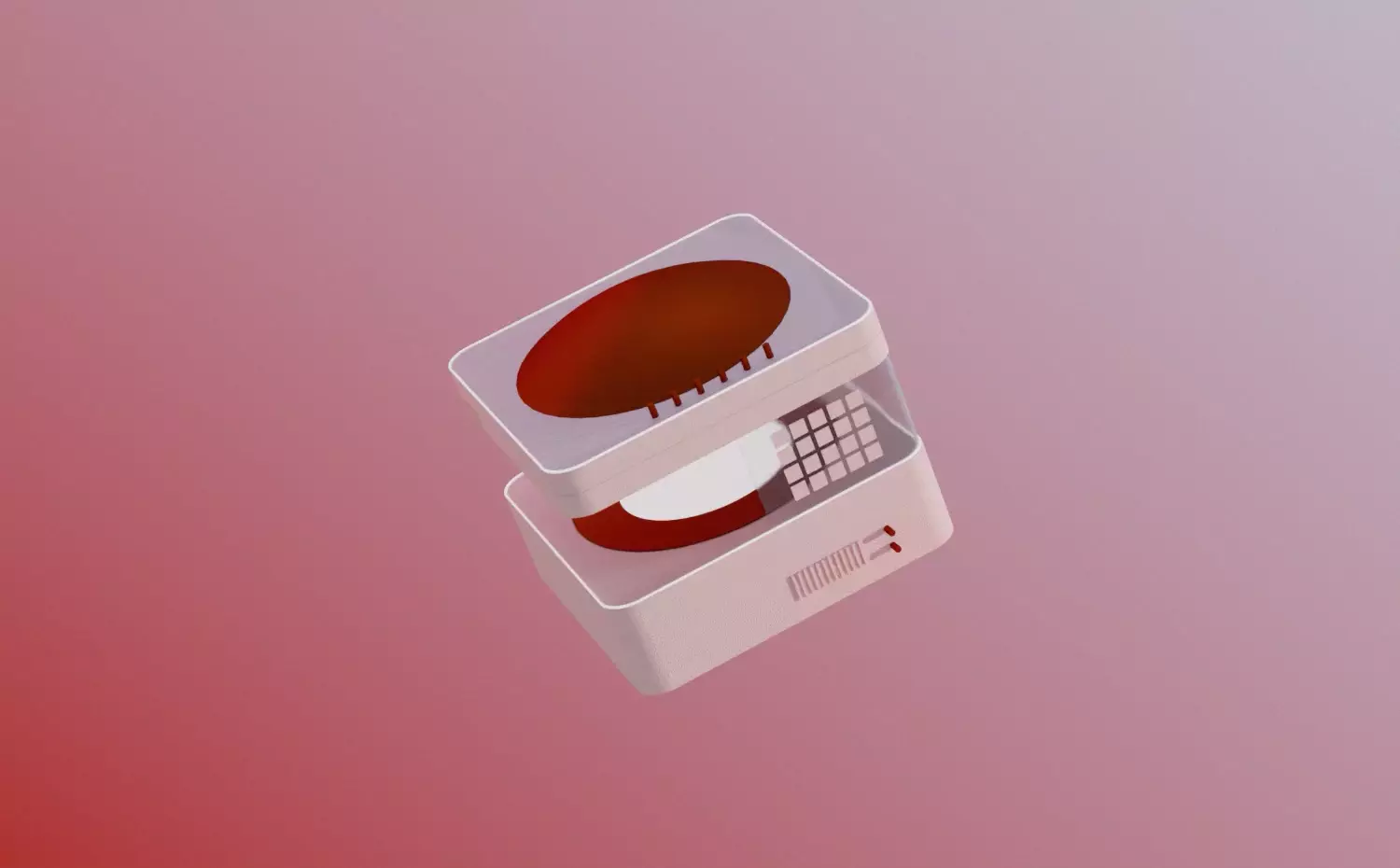
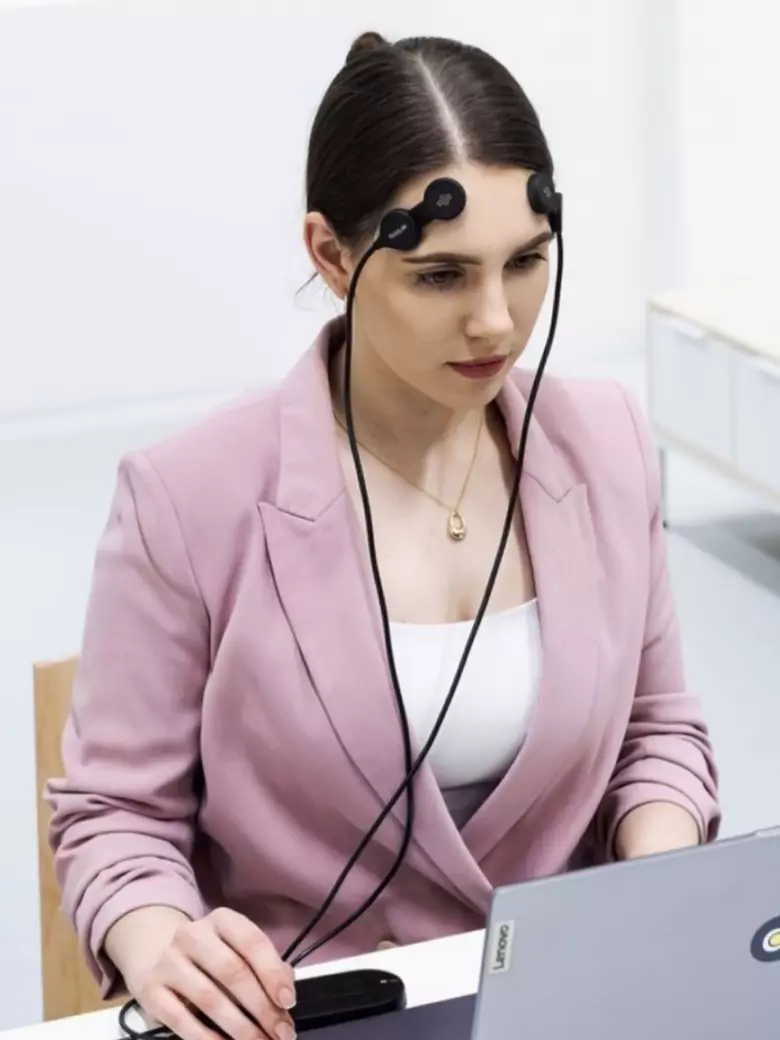
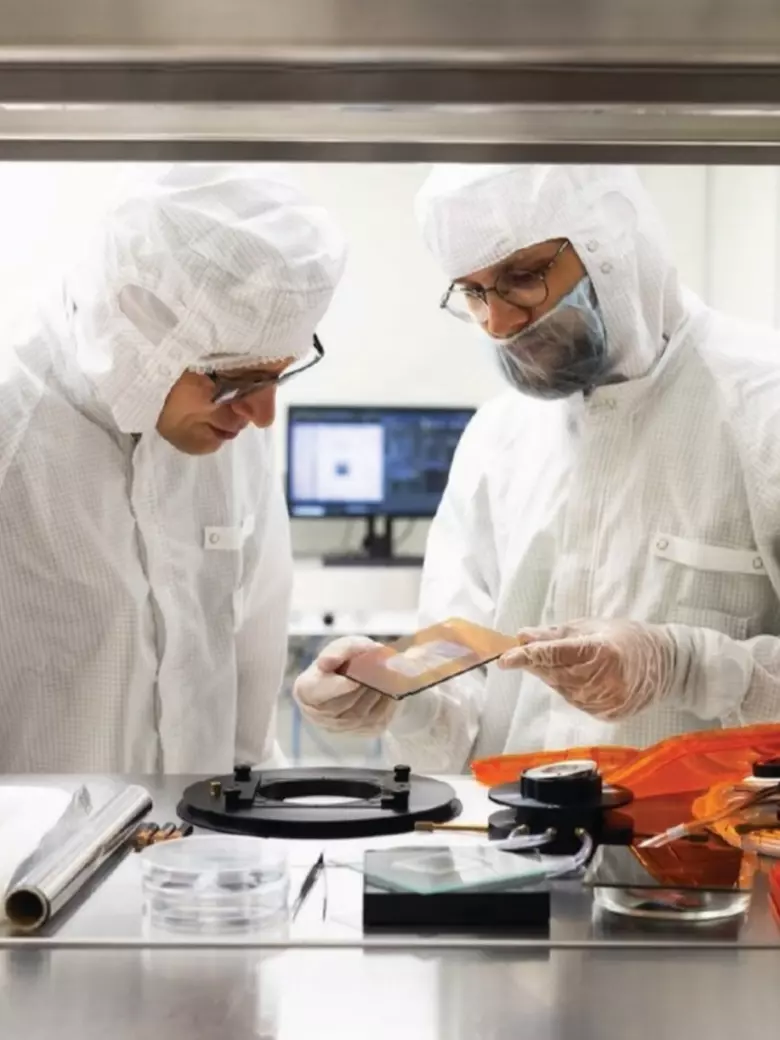
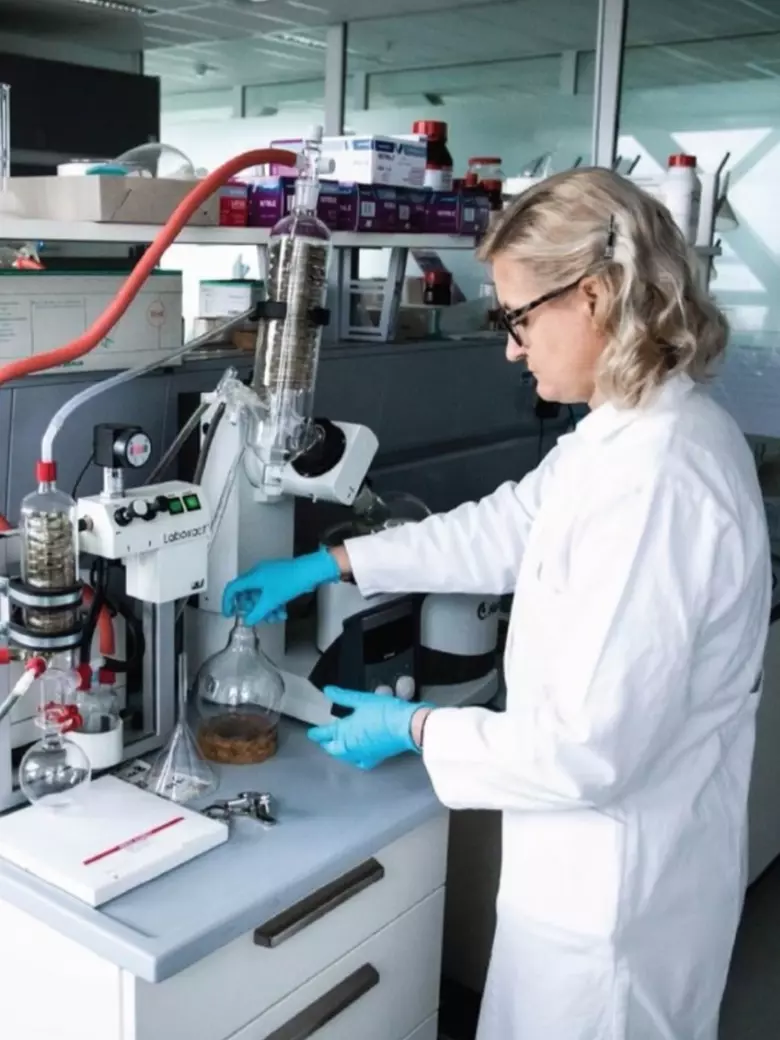

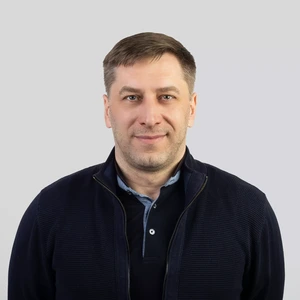


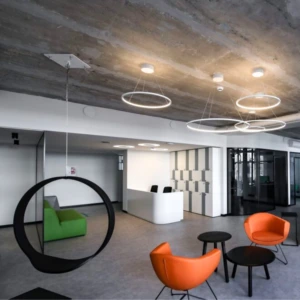
 virtual tour
virtual tour